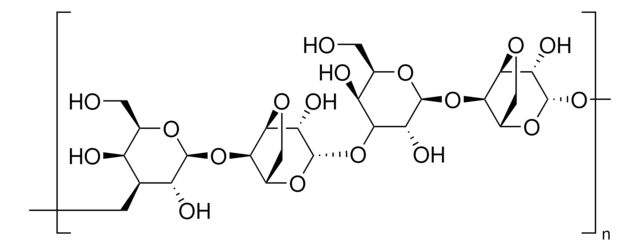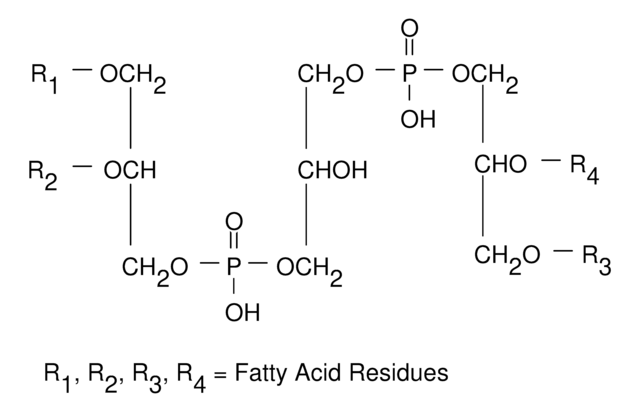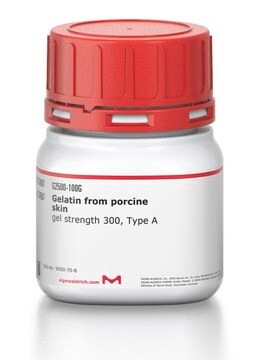A7104
Anti-AtMPK6 antibody produced in rabbit
affinity isolated antibody, liquid
Sinónimos:
Anti-Arabidopsis thaliana MPK6
About This Item
Productos recomendados
biological source
rabbit
conjugate
unconjugated
antibody form
affinity isolated antibody
antibody product type
primary antibodies
grade
Molecular Biology
for molecular biology
clone
polyclonal
form
liquid
mol wt
antigen 47 kDa
species reactivity
Arabidopsis thaliana
technique(s)
western blot: 0.25-0.5 μg/mL using extract (cytosolic fraction) of Arabidopsis thaliana leaves
shipped in
dry ice
storage temp.
−20°C
target post-translational modification
unmodified
Gene Information
Arabidopsis thaliana ... ATMPK6(818982)
General description
Immunogen
Application
Western Blotting (1 paper)
Biochem/physiol Actions
Physical form
Disclaimer
¿No encuentra el producto adecuado?
Pruebe nuestro Herramienta de selección de productos.
Related product
Storage Class
10 - Combustible liquids
wgk_germany
nwg
flash_point_f
Not applicable
flash_point_c
Not applicable
Elija entre una de las versiones más recientes:
¿Ya tiene este producto?
Encuentre la documentación para los productos que ha comprado recientemente en la Biblioteca de documentos.
Nuestro equipo de científicos tiene experiencia en todas las áreas de investigación: Ciencias de la vida, Ciencia de los materiales, Síntesis química, Cromatografía, Analítica y muchas otras.
Póngase en contacto con el Servicio técnico








